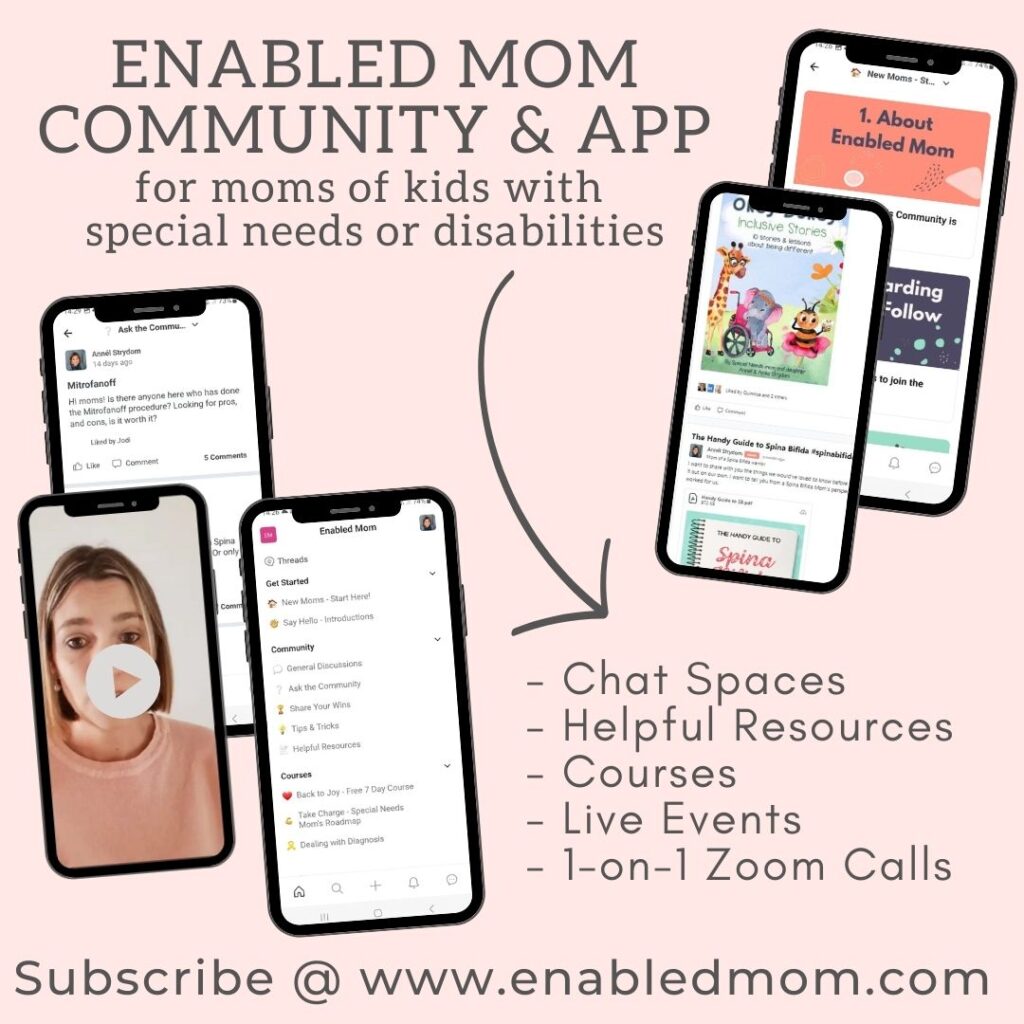I know that receiving a diagnosis that your child has a disability or special needs can be overwhelming, scary, and heart-wrenching. It can feel like a life-changing moment that you were never prepared for. It is understandable to feel lost and unsure of what the future holds. However, I want you to know that you are not alone, and there are ways to navigate this new reality.
1. Allow yourself to grieve and process your emotions
The first step in dealing with the initial diagnosis is to allow yourself to grieve. It is okay to feel angry, sad, or frustrated. These emotions are a natural part of the process. You might feel like your world has come crashing down, and you may have to let go of the dreams and expectations you had for your child. This is a difficult process, and it is crucial to take the time you need to process your emotions.
2. Educate yourself about your child’s diagnosis
Once you have allowed yourself to grieve, it is time to start educating yourself about your child’s condition. Knowledge is power, and the more you know about your child’s diagnosis, the better equipped you will be to make informed decisions about their care. Seek out reputable sources such as medical professionals, support groups, and online forums.
3. Build a support system with people who can listen, support, and offer practical help
It is also essential to build a support system. Find people who will listen to you, support you, and offer practical help. This could include family, friends, therapists, or support groups. Remember that it is okay to ask for help, and you do not have to go through this journey alone. Other moms are my biggest support network!
4. Take care of yourself intentionally
As a mom of a disabled child, I know how important it is to take care of yourself. It is easy to forget about your own needs when you are focused on your child’s care. However, self-care is crucial for your well-being and your ability to care for your child. Make sure to carve out time for activities that bring you joy and relaxation. This could include reading a book, taking a bath, or going for a walk.
5. Communicate with your partner about your feelings and concerns
It is also essential to communicate with your partner, if you have one. A diagnosis can put a strain on any relationship, and it is important to be open and honest about your feelings and concerns. Make sure to work as a team to support your child’s needs and each other.
6. Remember that your child is still the same unique individual they were before the diagnosis
Lastly, I want to remind you that your child is still the same beautiful, amazing, and unique individual they were before the diagnosis. A diagnosis does not define them or limit their potential. As a mom, it is our job to love and support our children unconditionally, no matter what challenges they face.
In conclusion, receiving a diagnosis that your child has a disability or special needs can be overwhelming, but you are not alone. Take the time you need to grieve, educate yourself, build a support system, take care of yourself, communicate with your partner, and remember that your child is still the same beautiful individual they were before the diagnosis.
It is a journey that requires resilience, patience, and love, but with the right support and mindset, you can embrace and navigate this new reality.




